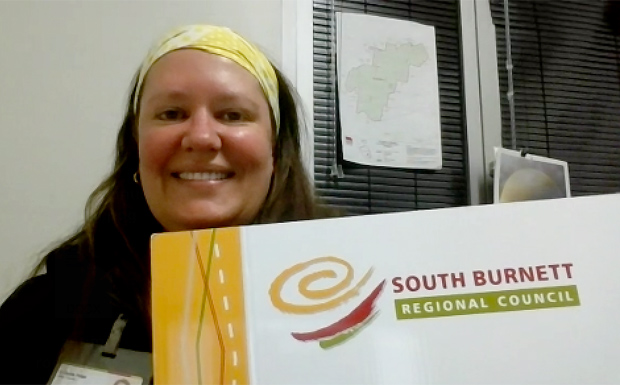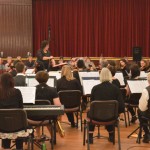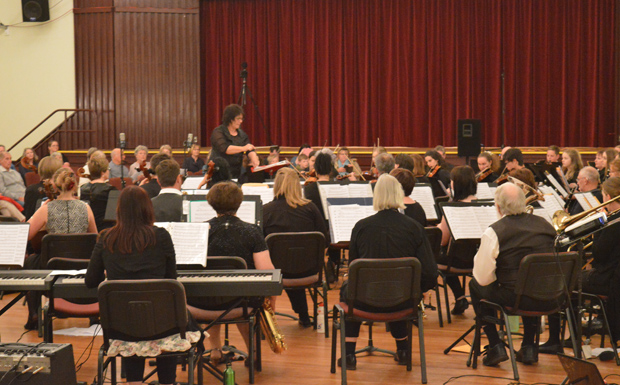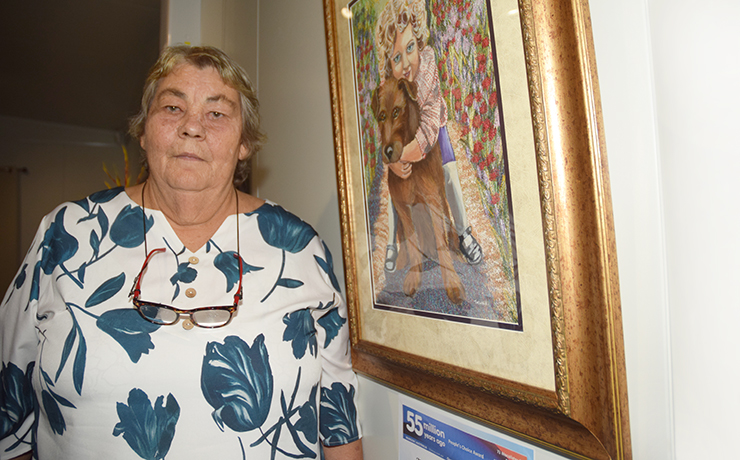
September 25, 2018
Central Queensland University has been chosen as the local service provider for Queensland’s new Regional Arts Services Network, taking on responsibility for arts development within the South Burnett and Cherbourg council areas.
The State Government’s new Regional Arts Services Network (RASN) model has sliced Queensland into different regions for arts delivery with a head organisation appointed in each to work with local councils.
South Burnett and Cherbourg have been included in an area that also covers the Fraser Coast, Bundaberg, North Burnett, Gladstone, Banana, Central Highlands, Woorabinda, Rockhampton, Livingstone, Mackay, Whitsunday and Isaac councils.
“This is just a beginning point for development and growth,” CQ University Dean of Education & the Arts Prof Bill Blayney said.
“CQ University has partnered on art, culture and community building projects with a number of the LGAs in Central Queensland over many years and is a research and evaluation partner on a range of regional initiatives.
“The establishment of the Regional Arts Services Network is a new initiative and covers an enormous footprint incorporating 14 diverse local government regions across Central Queensland, each with their own distributed community networks.
“As such, the service will operate through three regional clusters and a steering group, generating cross-regional programs and projects, developing a regional arts research and evaluation framework, and providing pertinent training and professional learning programs.”
CQ Uni Associate Professor Sue Davis will be leading the initiative.
She said the network services would curate a program of activities to support the professional practice and capacity of artists and groups, expanding audiences and promoting exhibition and touring opportunities that would help develop sustainable careers in the arts, stimulate economic activity and enrich communities.
A research and evaluation arm would also measure the impact of the arts in regions, and share the important stories of change and transformation the arts inspire.
“This is about recognising the rich diversity of arts that is already occurring in regions and it’s not about replicating or replacing what local government and regional arts organisations already do,” Assoc Prof Davis said.
“The program will capitalise on the on-ground expertise and experience from across the regions. We will be identifying the strengths and highlights of activity and programs already occurring and build upon that with cross-regional projects and new initiatives.
“We will also partner with major State and national arts companies, institutions and entities to harness relevant expertise, programs and resources.
“Concepts such as twinning, partnering and amplifying will be central to establishing specific projects generated from the ground up. Specific and targeted programs will capitalise on timely opportunities, gaps and needs.
“Aims also include profiling our First Nations arts and artists and supporting specific initiatives for sectors and communities in regions where there is limited access to funding in terms of arts and culture.
“We will foster productive partnerships across arts, cultural, events, tourism, community services and economic development sectors, assist groups to work together and access additional resources including regional, state and federal funding, and evaluate and review the impact of arts activities for the region across multiple dimensions.”
Queensland Arts Minister Leeanne Enoch said the RASN was an innovative approach to delivering statewide arts services which would “drive local priorities, boost local jobs and provide greater input and options for arts investment at a local level”.
She said the providers were selected for their ability to build partnerships and leverage the value of arts to deliver social and economic outcomes that align with regional priorities.
























